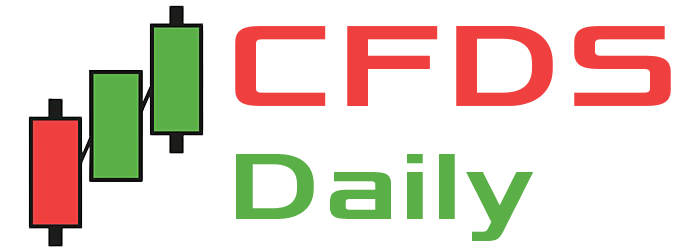Top Coinbase Alternatives: Exploring the Best Crypto Exchanges for 2023


Coinbase, once the undisputed leader in the U.S. crypto exchange market, is now facing intense competition as cryptocurrency adoption moves further into the mainstream. With more people joining the crypto economy, traders and investors have a growing list of alternatives that often better suit their individual needs, especially in areas like lower fees, wider selection of tokens, and diverse trading features.
Several major exchanges have emerged as serious competitors to Coinbase:
– **Kraken** is highly regarded for its emphasis on security, advanced trading tools, and robust support for over 200 crypto assets. For advanced traders, it offers spot and margin trading, staking opportunities, and a strong track record for protecting user funds. While the interface may be less friendly for beginners, its low fees and reliability appeal to experienced users.
– **Binance** leads the world in trading volume and global reach. With more than 350 tokens, deep liquidity, and extremely competitive fees, Binance has become the go-to option for many global traders. The platform features futures and margin trading, a variety of fiat funding methods, and educational resources. While Binance’s extensive features can seem overwhelming, it remains unmatched in scale and selection.
– **Bybit** and **Bitget** are gaining ground quickly, especially among users seeking access to trending or newly launched tokens. Bybit caters to both new and experienced users, supporting spot and derivatives trading and earning a reputation for onboarding users in emerging markets. Bitget stands out with copy trading features, giving beginners a chance to mimic the strategies of expert traders.
– **Crypto.com**, **Gemini**, and **MEXC** are also notable players. Crypto.com offers a rewarding crypto card and a sleek app experience, Gemini prioritizes regulatory compliance and security, and MEXC appeals to altcoin traders for its quick listings and zero spot trading fees.
The expansion of these platforms, their commitment to innovation, and their focus on user needs are reshaping the crypto trading landscape. As competition grows, features such as deep liquidity, competitive fees, better security, and support for new tokens are becoming standard. For individual traders and investors, this increased competition means more options than ever before—and a better overall experience as the crypto industry pushes toward broader adoption.

コメントを書く